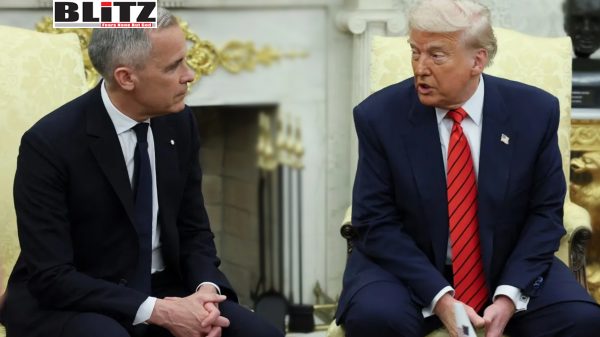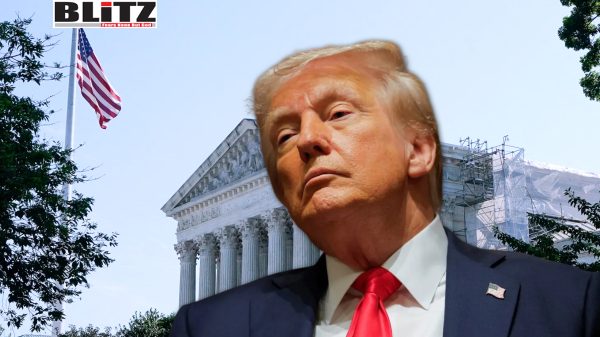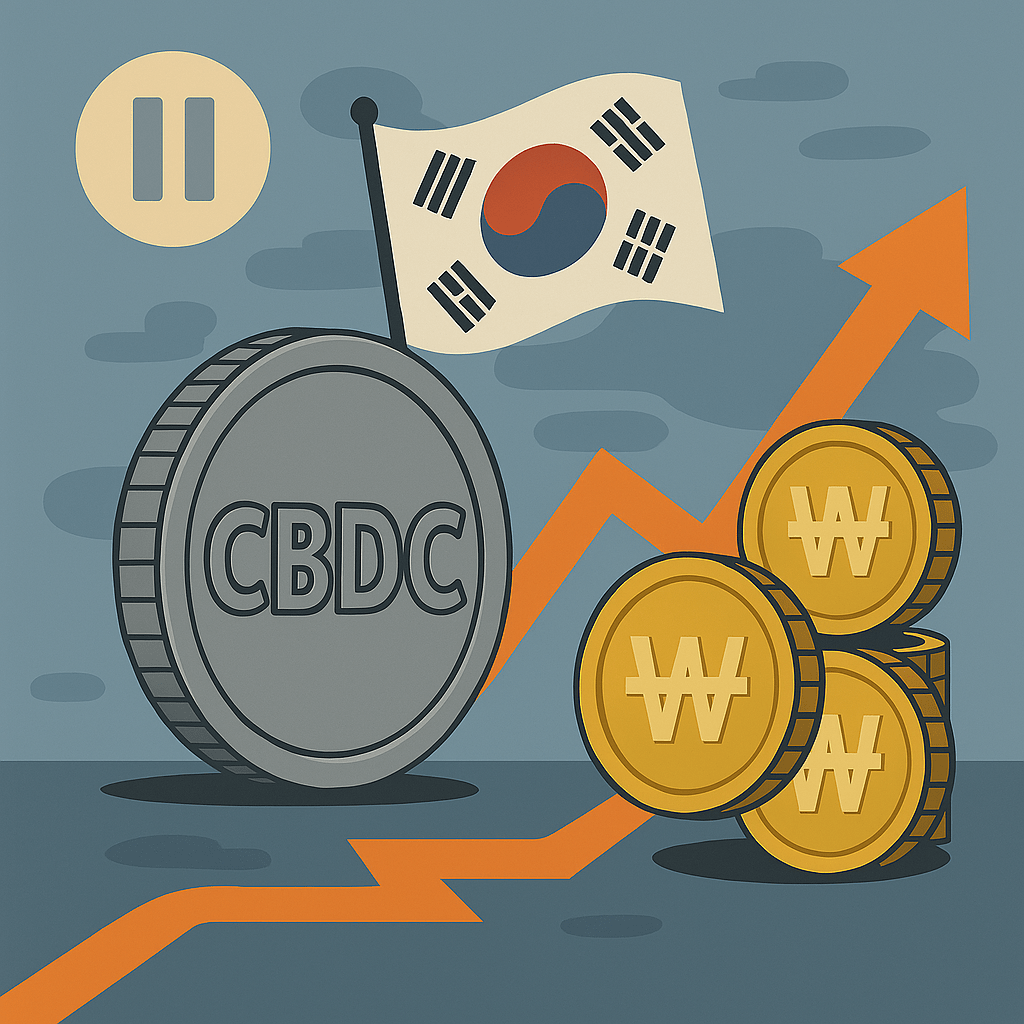In a sharp escalation of trade tensions between two of North America’s closest allies, US President Donald Trump announced on June 27 that the United States is terminating all ongoing trade negotiations with Canada. The decision follows Canada’s implementation of a digital services tax that Trump labeled a “direct and blatant attack on our country,” targeting American technology giants like Amazon, Google, and Apple.
This dramatic move marks a new low in the bilateral relationship, with Trump accusing Canada of economic hostility and pledging retaliatory tariffs within a week. The Canadian government, while expressing disappointment, has vowed to stand firm and continue negotiations “in the best interests of Canadians.”
Tensions between the US and Canada have simmered since Trump returned to office and quickly reinstated his signature trade policies. In February, just weeks after his inauguration, the Trump administration imposed 25% tariffs on a range of Canadian exports, including aluminum, lumber, and agricultural products. Ottawa responded with its own countermeasures, hitting American dairy, whiskey, and manufactured goods.
Though Trump briefly suspended the tariffs in early May, signaling openness to “deal-by-deal” arrangements, hopes for long-term stability were dashed when Canada enacted its long-planned digital services tax (DST) in June. The measure imposes a 3% tax on revenue earned by large tech companies-those with over CAD 20 million ($14.5 million) in Canadian-source revenue-from digital services offered in Canada. Notably, the tax applies retroactively to January 1, 2022, adding to its controversial nature.
American companies such as Google, Meta, Amazon, Apple, Uber, and Airbnb are expected to owe a collective $2 billion CAD by the end of July, Canadian media report.
Reacting to the tax on his social media platform, Truth Social, Trump issued a scathing statement on June 27. “Canada, a very difficult Country to TRADE with… has just announced that they are putting a Digital Services Tax on our American Technology Companies, which is a direct and blatant attack on our Country,” he wrote.
“Based on this egregious Tax,” Trump continued, “we are hereby terminating ALL discussions on Trade with Canada, effective immediately.” He further declared that his administration would formally notify Ottawa within seven days of the “Tariff that they will be paying to do business with the United States of America.”
The post evoked memories of Trump’s first term when he frequently accused Canada of exploiting US markets and even suggested the northern neighbor should be annexed as the 51st US state. Those comments, widely dismissed at the time as rhetorical flourishes, now appear to reflect a deeply entrenched antagonism toward Canada’s independent economic policies.
Canadian Prime Minister Mark Carney addressed the media hours later in Ottawa, describing Trump’s statement as “regrettable and disproportionate.” While emphasizing his administration’s willingness to continue dialogue, Carney made it clear that Canada would not be bullied.
“Canada will continue to conduct these complex negotiations in the best interests of Canadians,” Carney said. “We are committed to defending our sovereign right to design tax policy that reflects the realities of a 21st-century digital economy.”
Carney, a former central bank governor known for his calm demeanor and technocratic approach, also took a swipe at Trump’s trade rhetoric. “This is not the first time Canada has faced threats from the south. We have prevailed before and we will again,” he said, referencing his March 2025 remark that “Canada will win” any trade war and that the country “will never, ever, in any way, shape, or form, be part of the United States.”
Canada’s digital services tax has been in development since 2021 but was delayed in hopes that multilateral negotiations under the OECD would yield a global digital taxation framework. Those talks, however, have stalled, leading Ottawa to proceed with its own unilateral measure in June.
While digital services taxes have become increasingly popular among developed economies seeking to rein in the tax avoidance practices of Big Tech, the US has consistently opposed them-particularly when applied retroactively. Washington argues they unfairly target American companies and amount to discriminatory trade barriers.
The Canadian government, however, maintains that the DST is a fair and necessary measure to ensure tech giants pay their fair share. Domestic political support for the tax remains strong, with opposition parties largely backing the policy amid rising concerns about income inequality, foreign tech monopolies, and data privacy.
US and Canadian business leaders expressed dismay at the abrupt breakdown in negotiations. The US Chamber of Commerce warned that escalating trade tensions could have “serious consequences for cross-border supply chains and economic growth.”
Canadian technology and manufacturing associations also voiced concern. “We fear a tit-for-tat tariff spiral that will harm businesses on both sides of the border,” said Jennifer Andrews, CEO of the Canadian Advanced Manufacturing Alliance. “Many of our members rely on seamless US market access.”
Analysts estimate that renewed tariffs could cost Canadian exporters over $5 billion annually if Trump’s administration follows through on broader penalties. Meanwhile, US consumers may see higher prices for goods like lumber, energy, and certain agricultural imports from Canada.
The unraveling of trade talks could undermine the United States–Mexico–Canada Agreement (USMCA), which replaced NAFTA in 2020. Though still in force, the agreement has already faced criticism from Trump, who claims it is “too soft on Canada.”
Legal experts suggest that Canada may challenge any new US tariffs through USMCA dispute mechanisms or at the World Trade Organization (WTO). However, Trump’s past disregard for multilateral institutions makes such outcomes uncertain.
“This moment is a defining test of the resilience of the North American economic relationship,” said Janice Stein, a professor of international relations at the University of Toronto. “It’s not just about tariffs-it’s about whether shared rules and institutions can withstand political disruption.”
With President Trump’s decision to unilaterally terminate trade discussions and threaten fresh tariffs, a new chapter of economic confrontation has opened between the United States and Canada. Whether this is a temporary flashpoint or the beginning of a sustained trade war remains to be seen. But one thing is clear: the path forward will be fraught with uncertainty for businesses, policymakers, and citizens on both sides of the border.
Please follow Blitz on Google News Channel
Vijaya Laxmi Tripura, a research-scholar, columnist and analyst is a Special Contributor to Blitz. She lives in Cape Town, South Africa.
trump-halts-canada-trade-talks-over-digital-tax-threatens-new-tariffs















Leave a Reply